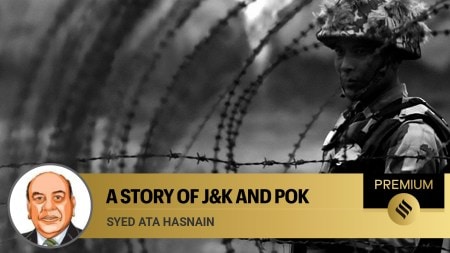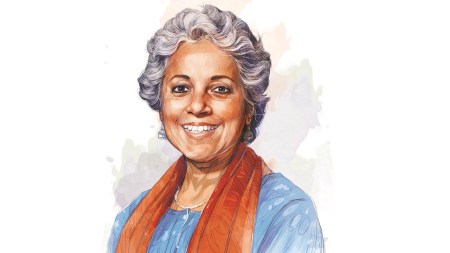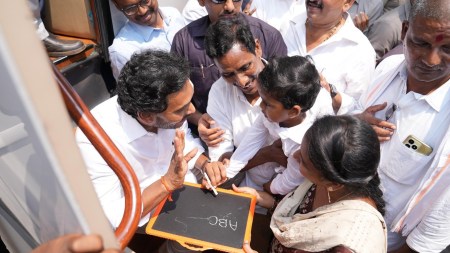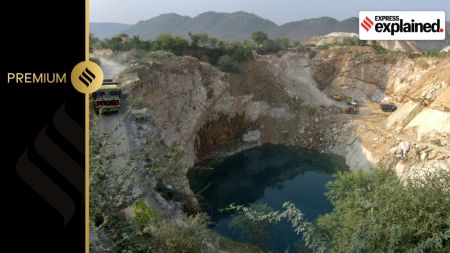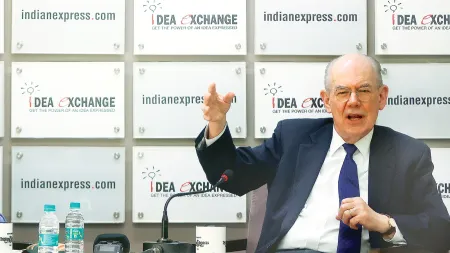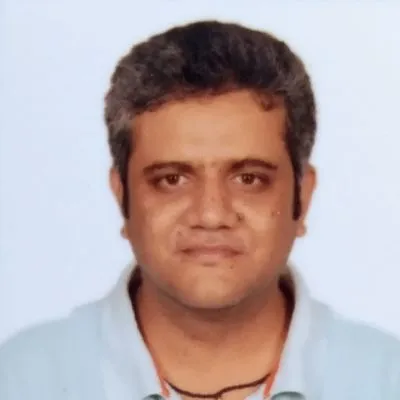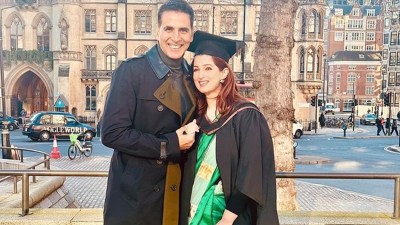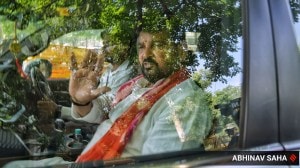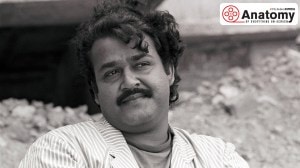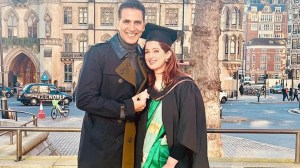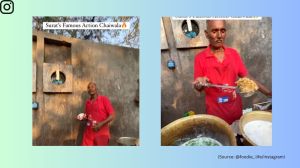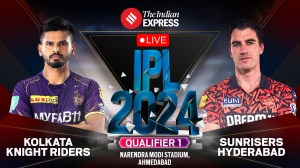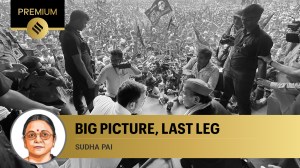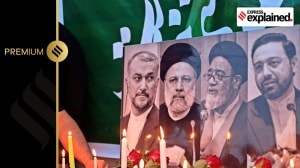- India
- International
‘Even without caste count, BJP has done a lot for OBCs… Those who hope for Mandal-II should remember this isn’t BJP of 1991’: Sushil Modi
''OBCs do not have political reservation, so why a headcount? Anyway, they are winning elections... Nineteen out of 40 Bihar MPs are OBC... OBCs don’t need political reservation but job, education reservation, which is already available": Ex-Bihar Dy CM, BJP leader
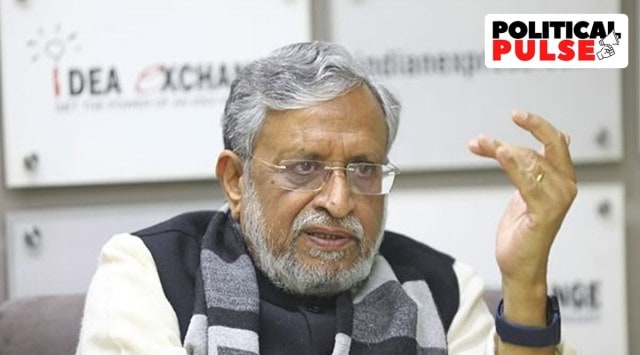 Former Bihar deputy chief minister and the BJP’s OBC face in the state Sushil Modi. (Express archive)
Former Bihar deputy chief minister and the BJP’s OBC face in the state Sushil Modi. (Express archive) In a freewheeling interview, former Bihar deputy chief minister and the BJP’s OBC face in the state Sushil Modi tells The Indian Express that a pan-Indian caste census is a logistical impossibility, that caste enumeration was needed only for political representation that OBCs already have, and that OBCs can perhaps be sub-categorised into more than two categories. Excerpts:
* What problem does the BJP have with the methodology used in the Bihar caste survey?
No methodology was discussed with political parties or made public, despite demands for the same. So, there are several complaints from caste groups. Many say no one came to their house to ask them. That apart, in some cases like that of the Yadavs, a dozen sub-castes have been consolidated under one header, while in the case of the Kushwahas, their sub-caste of the Dangis has been enumerated separately. Even among the fishermen community, the Mallahs, there are 10-11 sub-castes that have been split and shown separately.
* The Opposition is demanding an all-India caste census.
At the all-India level, a caste census is next to impossible. That is why there was no caste census after 1931. Even in 1931, data of all castes was not collected — only a limited number of castes were counted. A caste census happened in 1941, but the data was never released. While withholding the data, the census commissioner said there were huge logistical problems in its enumeration.
Thereafter, a conscious decision was taken by the Nehru government in 1951 that apart from SCs and STs, we won’t enumerate any other caste in the Census, as they alone have political reservation proportional to their population. So, their headcount is important.
In 2010, when Laluji (RJD chief Lalu Prasad) and Mulayamji (late SP chief Mulayam Singh Yadav) raised this issue, Chidambaramji (then Union Home Minister P Chidambaram) said that a conscious decision was taken in 1951 that the only headcount that would be done was of SCs and STs. Moreover, the Registrar General of India – which conducts the Census – has held that it (caste census) is logistically not possible. The central Urban and Rural Development ministries conducted the Socio Economic and Caste Census (SECC) in 2011 under pressure from UPA constituents (the data was never released). It was a kind of survey, not a census. When asked in 2021, the government had given the same reply in Parliament that Chidambaram had given earlier.

OBCs do not have political reservation, so where is the need for their headcount? Anyway, they are winning elections in large numbers without political reservation. Nineteen out of 40 Bihar MPs are OBC, which is almost 50%. OBCs don’t need political reservation; all they need are job and education reservation, which is already available.
It is very difficult to count castes even at the state level. There are castes, sub-castes, clans, titles – people are identified in multiple ways. When the Centre attempted a caste census in 2010-11, it found there are 46 lakh castes, whereas if you add the Mandal Commission findings with the various state lists, you will get hardly 5,000 castes. That is why the government did not release the data.
Even Karnataka and Telangana never released the data after conducting surveys, though Karnataka is now saying it will do so in November. It is a humongous exercise to conduct a headcount and a lot of groundwork is required for that. It is easier among SCs and STs, as the lists are ready and all that is required is the coding and entry of the data. Schemes and plans are also made for the category as a whole, and not for individual groups within the SCs and the STs.
Even without a caste survey, the Modi government has done a lot for OBC empowerment. Most schemes benefit them, in particular the EBCs. The BJP is not against the idea of a caste census, but is against using it to divide society. It hardly matters whether OBCs are 52% or 63% of the population; if you want to devise schemes for their empowerment, you can do it. OBCs are with the BJP in the largest numbers, because we have worked for them even without a caste census.
* Do you think the Opposition hopes for a Mandal-II moment with this demand?
Those who think that they will create Mandal-II should remember that this isn’t the BJP of 1991. The BJP’s PM and face is Narendra Modi, an OBC. The BJP has a large OBC component among its legislators. It is the favourite party of the OBCs. As for the Congress, Rajiv Gandhi opposed OBC quotas. The BJP is so powerful among OBCs that neither the Congress nor Nitish Kumar can dent it. Among lower OBCs, the BJP has 70-80% support. The Congress and other opposition parties are living in an illusion.
* Has time come to bifurcate the central OBC list into backward and extremely backward categories?
The Rohini Commission was set up for this. I don’t know what they have reported to the Centre. Bihar has had OBC bifurcation since 1977. In more than 10 states, there is some kind of bifurcation. More than 100 castes in Bihar have less than 1 lakh population. These castes are lower even among lower OBCs. Dividing OBCs into three or four parts – which means further bifurcation among lower OBCs too – is doable. There are many castes among lower OBCs that haven’t benefited from reservations. To empower them, no caste data is required.
May 21: Latest News
- 01
- 02
- 03
- 04
- 05


